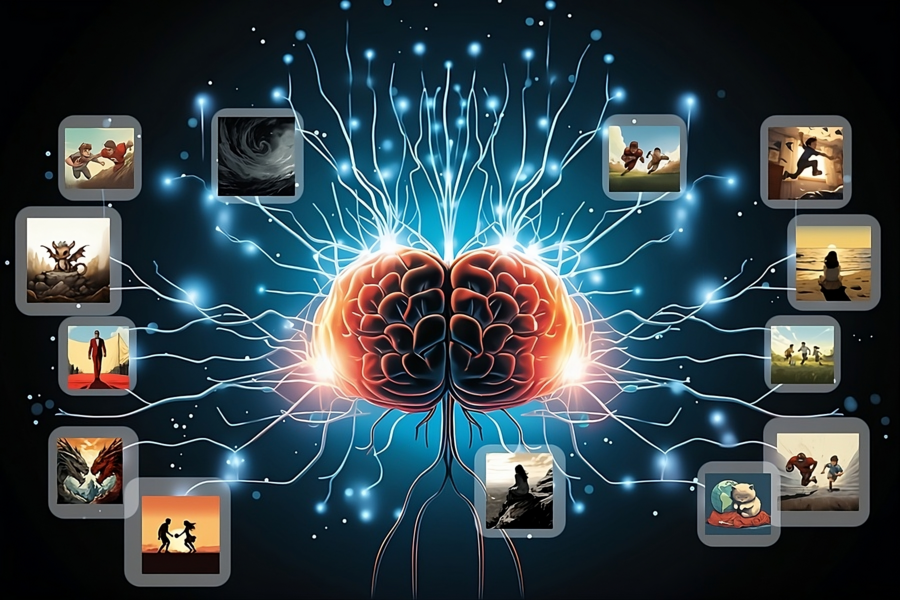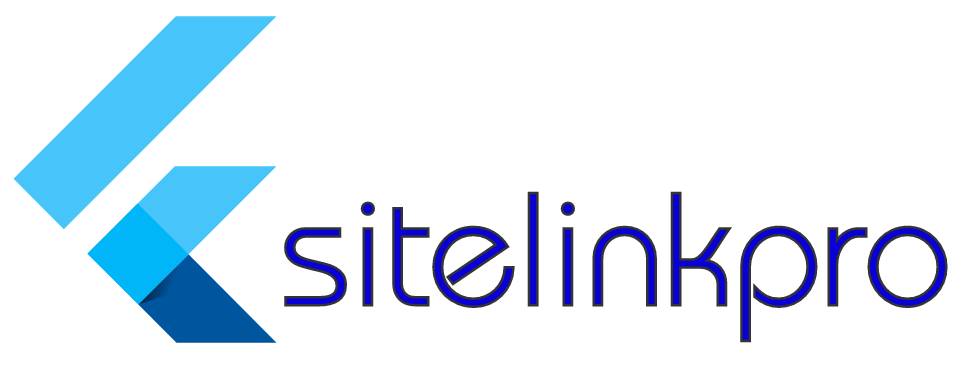
Blockchain technology is widely known for its role in powering cryptocurrencies like Bitcoin and Ethereum, but its potential extends far beyond digital currencies. This decentralized, secure, and transparent ledger system is being explored across various industries to revolutionize processes, enhance security, and improve efficiency. By leveraging blockchain’s unique characteristics, sectors such as supply chain management, healthcare, and finance are experiencing transformative changes.
Supply Chain Management and Transparency
One of the most promising applications of blockchain technology is in supply chain management. Traditional supply chains often involve multiple parties, making it difficult to track the origin and movement of goods. Blockchain can address this issue by providing a transparent, immutable record of every transaction that occurs in the supply chain. This capability enables real-time tracking of products from their source to the consumer, ensuring authenticity and reducing the risk of fraud.
For instance, in the food industry, blockchain can be used to track the journey of food items from farm to table. This level of transparency helps ensure food safety, as any contamination can be quickly traced back to its source, allowing for swift recalls. Additionally, it enables consumers to verify the ethical sourcing of products, promoting sustainability and responsible consumption.
Enhancing Security in Healthcare
Blockchain’s ability to secure data through cryptographic hashing makes it an ideal solution for managing sensitive information, particularly in healthcare. Patient records, for example, are often stored across various systems, making them vulnerable to breaches and unauthorized access. By using blockchain, healthcare providers can ensure that patient data is securely stored and only accessible to authorized individuals.
Moreover, blockchain can facilitate the sharing of medical records between different healthcare providers, improving the coordination of care. Patients can grant access to their medical history to doctors, specialists, or hospitals as needed, ensuring that healthcare professionals have the most up-to-date information. This capability not only enhances patient care but also reduces the risk of errors that can arise from incomplete or inaccurate data.
Revolutionizing Finance Beyond Cryptocurrencies
While blockchain is most famous for its role in cryptocurrencies, its impact on the broader financial sector is equally significant. Blockchain enables faster and more secure transactions by eliminating the need for intermediaries such as banks. This capability can be applied to cross-border payments, which are traditionally slow and costly due to the involvement of multiple parties and currency conversions.
Smart contracts are another innovation made possible by blockchain. These self-executing contracts automatically enforce the terms of an agreement when predefined conditions are met. In real estate, for example, a smart contract can automate the transfer of property ownership once payment is received, reducing the need for intermediaries and speeding up the transaction process.
Digital Identity and Voting Systems
Blockchain is also being explored as a solution for digital identity management. By creating a secure, decentralized system for verifying identities, blockchain can reduce the risk of identity theft and fraud. Individuals can have control over their personal information, sharing only the necessary details with parties that require verification.
In the realm of voting, blockchain offers a transparent and tamper-proof method for casting and counting votes. This technology has the potential to make elections more secure and trustworthy by ensuring that each vote is recorded accurately and cannot be altered. This application of blockchain could increase voter confidence and participation in democratic processes.
AI-Powered Tools for Enhanced Efficiency
While blockchain is transforming industries, the integration of digital tools and AI-powered solutions further enhances efficiency. Sitelinkpro offers a suite of tools that can support various tasks in this evolving digital landscape:
- PNG to JPG Converter: In industries such as supply chain management and real estate, where documentation and image sharing are crucial, Sitelinkpro’s PNG to JPG converter allows users to quickly convert images to a widely used format, ensuring compatibility and ease of access.
- English Dictionary: Clear communication is essential in blockchain applications, especially when dealing with complex terminology. Sitelinkpro’s English dictionary tool provides quick access to definitions and explanations, aiding in understanding and effective communication.
- Remove Image Background: Creating informative visuals is key in explaining blockchain concepts and processes. Sitelinkpro’s tool for removing image backgrounds helps in preparing clear, professional visuals for presentations or educational materials, enhancing the overall quality of digital content.
Blockchain technology has evolved far beyond its initial use in cryptocurrencies, offering transformative solutions across various sectors. From enhancing supply chain transparency to securing healthcare data and revolutionizing financial transactions, blockchain’s potential is vast. By integrating with digital tools like those offered by Sitelinkpro, businesses can further streamline processes, improve communication, and enhance the clarity of their digital content. As blockchain continues to mature, its applications will likely expand, creating new opportunities for innovation and efficiency in the digital age.



